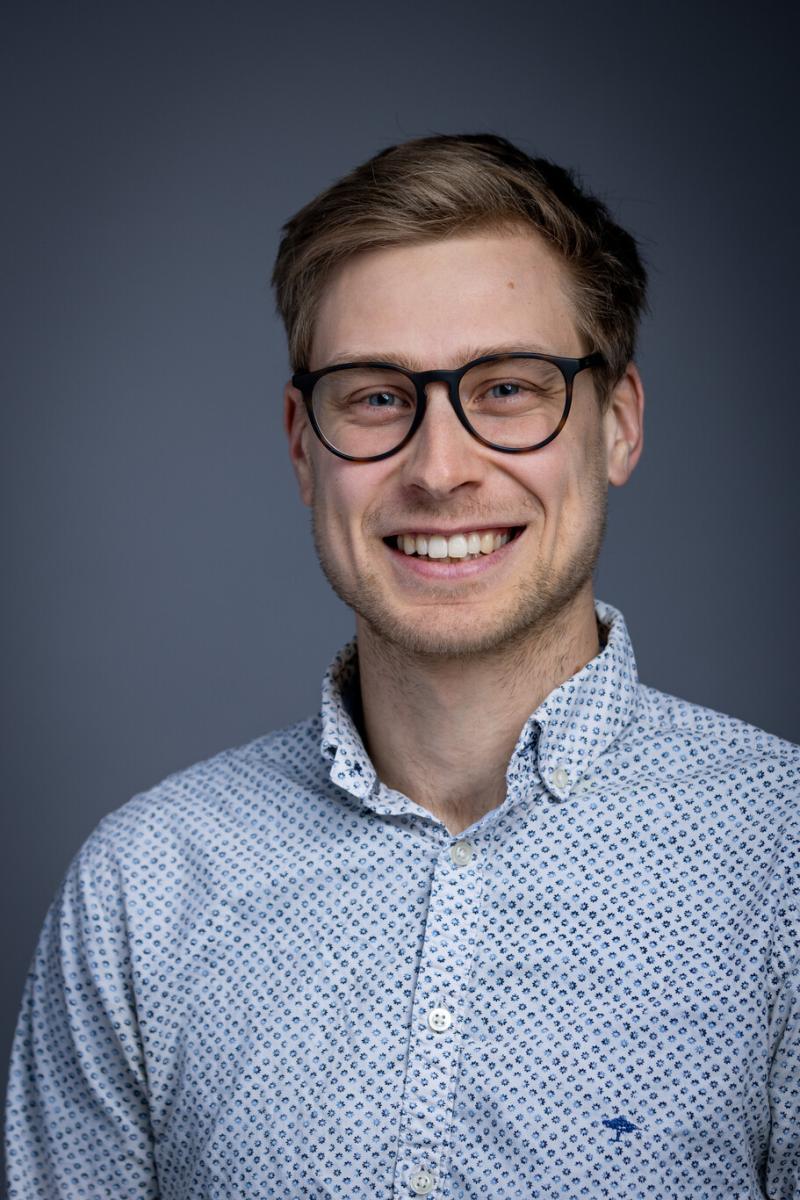Patrick Anthony
IAS Q&A
When you arrived at the Institute, you probably had a concrete idea or plan of what you would like to achieve during your stay. Were you able to pursue these plans? Did there emerge new, unforeseen directions?
That’s right, I arrived in January with the plan to write the last two chapters of my book, and with the support of the IAS and the lovely library staff here at CEU Budapest, that’s what I did. But new directions did emerge! More precisely: the book took on a language and logic of its own. I’m writing about the emergence of modern earth and environmental sciences through mining industries that linked Germany to Ibero-American and Eurasian empires. I wrote the book from the inside out, as it were, beginning with the middle chapters on science in colonial Mexico and Russian Siberia. So, when I turned to the first and final chapters (beginning and ending in northern Germany), I began to see striking continuities in scientific practice and resource management in Europe and its (settler) colonies. It became clear that continuities in the infrastructure of extractive regimes made it possible for German agents to participate in far-flung imperial projects, making “global” sciences in the process.
More generally speaking, who or what influenced your work and research path the most?
I am deeply concerned about the way anthropogenic climate change disproportionately affects poor, Black, and brown people, and I think it is critical to understand how this crisis intensifies environmental changes that European colonizers inflicted on Indigenous communities long before the fossil fuel economy. In different ways, Kyle Whyte, Zoe Todd, Eyal Weizman, Fazal Sheikh, and Amitav Ghosh have made powerfully clear the ways colonialization continues to act through extreme weather events and rising sea levels. One of my motivations is to understand how ways of knowing climate and environment emerged through the purposeful transformation of landscapes and atmospheres, often with the design to benefit some at the expense of others. I want this research to help energize the contemporary movement for more equitable futures, including a push for climate reparations.
To which debates or schools of thought do you see your research contributing?
I work across the history of science and environmental history, but I am also interested in bridging central European and global histories. There’s been some exciting work recently, notably by Bernhard C. Schär, that shows how colonialism was a pan-European project involving actors from lands without overseas empires (e.g., Switzerland or Prussia and Saxony in my case). But these lands were not without imperial history. Mining is especially interesting, I think, because Saxon-trained engineers were deployed throughout the Americas and in Russian Siberia, just as German foresters worked in Dutch and British colonies. Another interesting question that my book tackles is how seemingly remote colonial frontiers came, in turn, to shape environmental knowledge and policy in central Europe.
How do you see your field of research today? How is it evolving?
I wear several caps, but speaking as a historian of science, I’ve been encouraged by the amount of energy around what Daniel Rood, Lissa Roberts, Alix Hui, and others have called a labor history of science. This means understanding the embodied work of knowledge production, opening a more capacious view of the different actors and labor regimes involved in sciences. For me, this means understanding how actors do not just make but enact knowledge. In this, I take inspiration from the work of Deborah Coen and Simon Schaffer, among so many others, as I seek to understand knowledge claims almost as policies emerging from and operating within particular configurations of political, social, and material life.
What’s next for you after IAS CEU Budapest (if we may ask)?
I am heading to University College Dublin to take up an Irish Research Council fellowship.
If there were one book or film, you could recommend to the reader, what would be that and why?
I’m going to select a fun one. As I’m a New Englander originally, I’ll suggest the 2015 film The Witch. The film makes marvelous use of seventeenth-century documents and plays on the overcast gloom of dense New England forests. It is unsettling and liberating all at once, a movie that sticks with you for days, if not longer. My partner and I watch it every Halloween.

